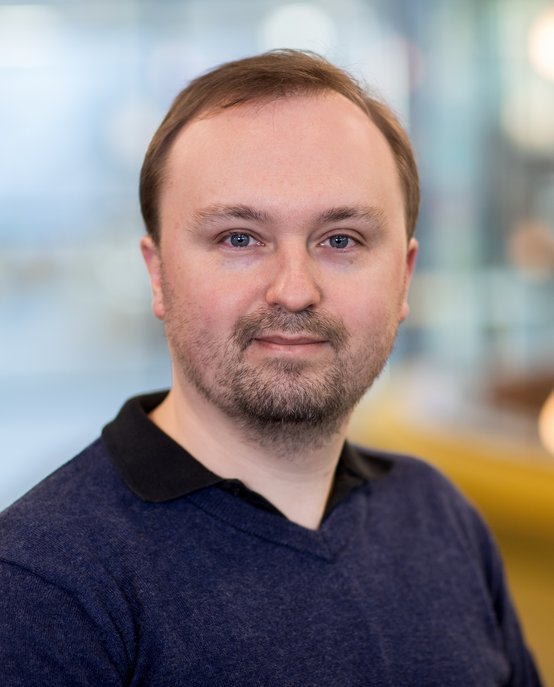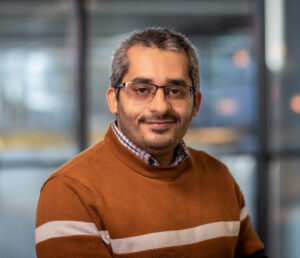
Anton Wijs is an Assistant Professor of Parallel Software Development at the Model-Driven Software Engineering group of Eindhoven University of Technology (TU/e), and the Principal Investigator of the GEARS project. Anton works both on the development of parallel software, and the use of parallelism to improve the development process itself. The latter category covers investigating how formal verification techniques, to reason about the functional correctness of systems, can be improved by parallelising the involved computations. In the former category, research is done to identify which types of (formal) analyses are useful to make development of parallel software more insightful and less prone to errors. His long-term vision is to create a software development workflow in which the developer continuously receives feedback from a development environment that points out flaws and suggests improvements, supporting the entire process from initial design to final product. Anton has co-authored more than 50 scientific papers and articles. He is a board member of EAPLS and a steering committee member of ETAPS. Furthermore, he has been co-chair of SPIN 2016 and the publicity chair of ETAPS 2016, and has acted as chair for various international workshops on related topics.

Muhammad Osama received his M.Sc. degree from Minia university in Computer Engineering field. His Master’s topic was about implementing an efficient GPU implementation of Ant Colony Optimization for solving Satisfiability problem. He received several awards from NVIDIA corporation for his contributions in CUDA education and research. From 2014, he was also the Principal Investigator of the NVIDIA educational GPU-computing Lab, Minia University. Before working on his current Ph.D. project, he has developed a real-time wind turbine emulator on a heterogeneous embedded system and an efficient SAT-based test generator on a GPU accelerator. Muhammad started as a Ph.D. candidate in 2017, at the Eindhoven University of Technology in the group Software Engineering Technology. His work in GEARS project was funded by NWO and supervised by Anton Wijs and Mark van den Brand. His research focused on the development of GPU-accelerated algorithms for automated reasoning on Satisfiability and how can they effectively deployed in bounded model checking. Since 2012, Muhammad published over than 10 articles and his interests include formal verification, parallel programming, high-performance computing, and cyber-physical systems.